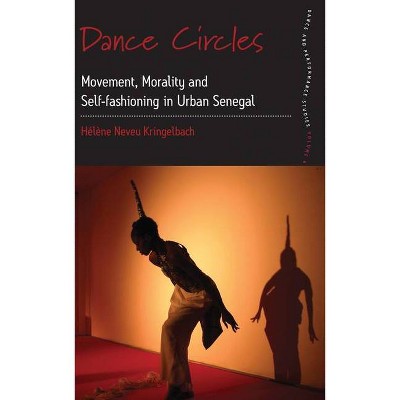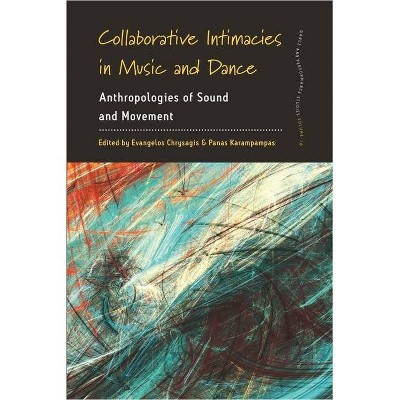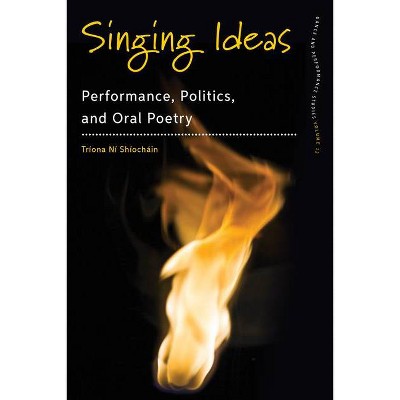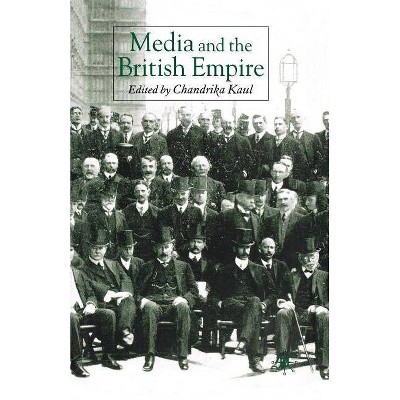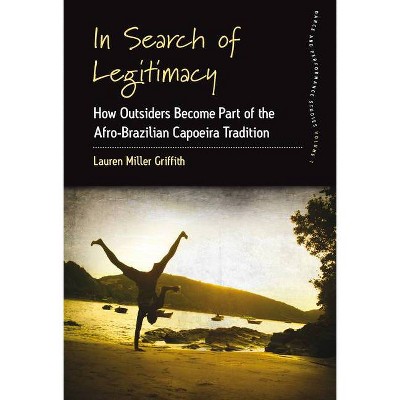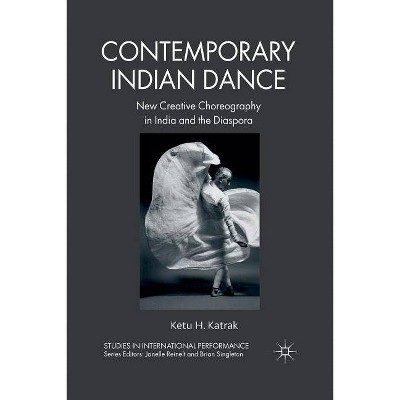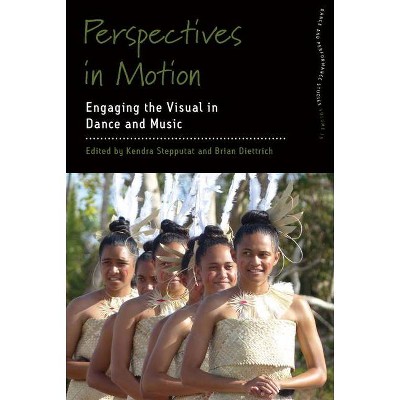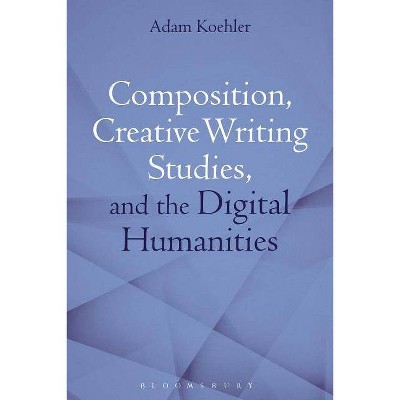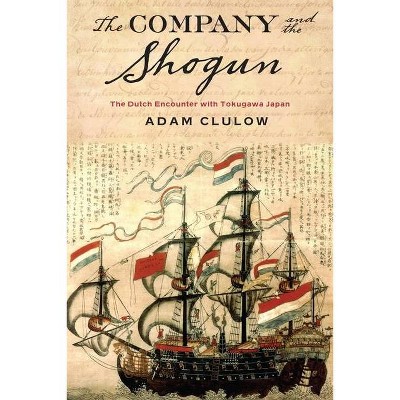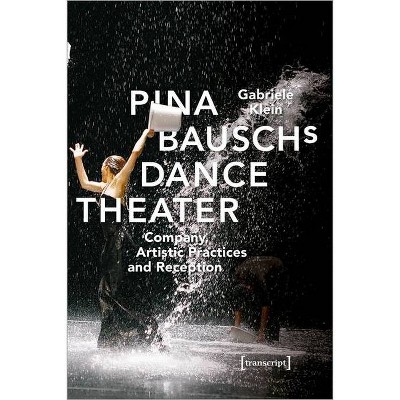Turning the Tune - (Dance and Performance Studies) by Adam Kaul (Paperback)
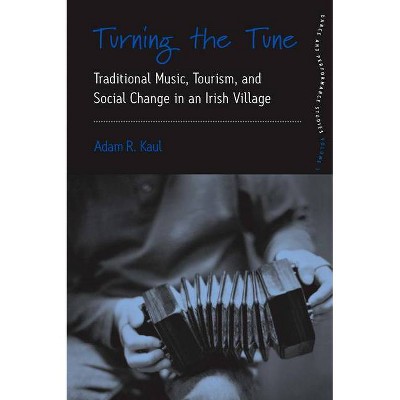
Similar Products
Products of same category from the store
AllProduct info
<p/><br></br><p><b> Book Synopsis </b></p></br></br><p> The last century has seen radical social changes in Ireland, which have impacted all aspects of local life but none more so than traditional Irish music, an increasingly important identity marker both in Ireland and abroad. The author focuses on a small village in County Clare, which became a kind of pilgrimage site for those interested in experiencing traditional music. He begins by tracing its historical development from the days prior to the influx of visitors, through a period called the Revival, in which traditional Irish music was revitalized and transformed, to the modern period, which is dominated by tourism. A large number of incomers, locally known as blow-ins, have moved to the area, and the traditional Irish music is now largely performed and passed on by them. This fine-grained ethnographic study explores the commercialization of music and culture, the touristic consolidation and consumption of "place," and offers a critique of the trope of authenticity, all in a setting of dramatic social change in which the movement of people is constant.</p><p/><br></br><p><b> Review Quotes </b></p></br></br><br><p> <em>"...this book is a rarity in understanding the intersection of music, heritage and tourism...</em><strong> - Journal of Heritage Tourism</strong></p> <p> "<em>The publication of this study is a valuable contribution to the discipline of ethnomusicology and the study of Irish traditional music and tourism within this context. This book is particularly valuable to those interested in the study of Irish traditional music from the ethnomusicological perspective, and students and teachers of these areas will be greatly enhanced by Kaul's in-depth knowledge of tourism literature.</em>"<b> - </b><strong>Ethnomusicology Forum</strong></p> <p> "<em>Kaul's book offers original insights in a very well-crafted and engaging ethnography. Few studies manage to discuss both an art form and its socio-cultural context, and Kaul does so successfully without compromising the breadth of his discussion. The prevalence of participants' voices and Kaul's commitment to allowing ethnography to write theory have resulted in a polyphonic, evocative account. Beyond anthropologists, ethnomusicologists, and scholars of Irish and tourism studies, this book is important to all of us researching art forms in their contemporary globalized, commoditized context.</em>"<b> - </b><strong>JRAI</strong></p> <p> "...<em>belongs in any collection strong in Irish culture, music, and economics and provides college-level readers with an engaging study using the form of music to consider Irish culture and tourism. This study of social change within the context of Irish music provides a scholarly study of interest to anthropology and global issues collections alike, surveying the social structure of Irish culture and the impact and reflection of its musical traditions. Any scholarly collection will find this engrossing!</em>"<b> - </b><strong>Midwest Book Review</strong></p> <p> "...<em>a compelling and fascinating study of social change in a particular music practice, making it a useful resource for scholars and students of music and performance. It also makes a valuable contribution to anthropological studies of tourism and globalisation, especially in the way it complicates current orthodoxy about inevitable contestation around issues of ownership and appropriation with regard to identity politics in the global era.</em>"<b> - </b><strong>Australian Anthropological Society</strong></p> <p> <i>Sensibly, Kaul lets ethnography form the core of his book. Almost all the theory that is involved arises from his ethnographic analysis, not vice versa. He let locals comment on his manuscript and provides generous quotes from his fieldwork interviews...The outcome? A performative account of craic that both academics and the locals of Doolin can readily believe in.</i><b> - </b><b>Times Higher Education</b></p> <p> <i></i>Turning the Tune<i> casts a revealing eye on the impact of tourism and the influx of musicians from outside Ireland on traditional (in every sense of the word) approaches to the making and meaning of Irish folk music...a thoroughly researched and revealing snapshot of Doolin's thriving musical life.</i><b> - </b><b>Songlines Magazine</b></p> <p> <i>An engaging read, Kaul's account of the changing face of Doolin will interest readers with an interest in Irish traditional music--especially those who play it--as well as students of tourism and cultural anthropology.</i><b> - </b><b>Book News</b></p> <p> <i>A book of rich description and penetrating insight, </i>Turning the Tune<i> pulls the reader into a complex world of music making and social interaction in an Irish coastal village. Through a compelling reflexive voice, Kaul gives us a vivid sense of present experience and remembered pasts in Doolin, County Clare...This beautifully written book will provide music to the ears of all who take an interest in Ireland, tourism, music and social change.</i><b> - </b><b>Tamara Kohn</b>, University of Melbourne</p> <p> <i>"Adam Kaul has provided his readers with a detailed, admirable account of musical life [in] Doolin, County Clare, arguably the most visible context for Irish instrumental music-making in the world. The immediacy of this narrative not only brings the reader into the inner circle of Doolin's sessions, but also clarifies, enlarges, and engages the context in ways that may surprise the reader."</i><b> - </b><b>Sean Williams</b>, Evergreen State College</p> <p> <i>[This book] addresses some important issues in music study - the commodity, professionalization, the affective content of musical 'identities' - with a keen anthropological eye and a subtle reflexivity. The description of sessions is often excellent - many have tried, few quite so successfully!</i><b> - </b><b>Martin Stokes</b>, Oxford University</p><br><p/><br></br><p><b> About the Author </b></p></br></br><p> <strong>Adam Kaul</strong> is a Professor of Anthropology at Augustana College in Rock Island, Illinois. He has written extensively on traditional music, tourism, and the economics of musical performance in Ireland. He is also the co-editor of <em>Leisure and Death</em> (University Press of Colorado 2018) and co-editor of the 3rd edition of <em>Tourists and Tourism</em> (Waveland 2018).</p>
Price History
Price Archive shows prices from various stores, lets you see history and find the cheapest. There is no actual sale on the website. For all support, inquiry and suggestion messages communication@pricearchive.us
